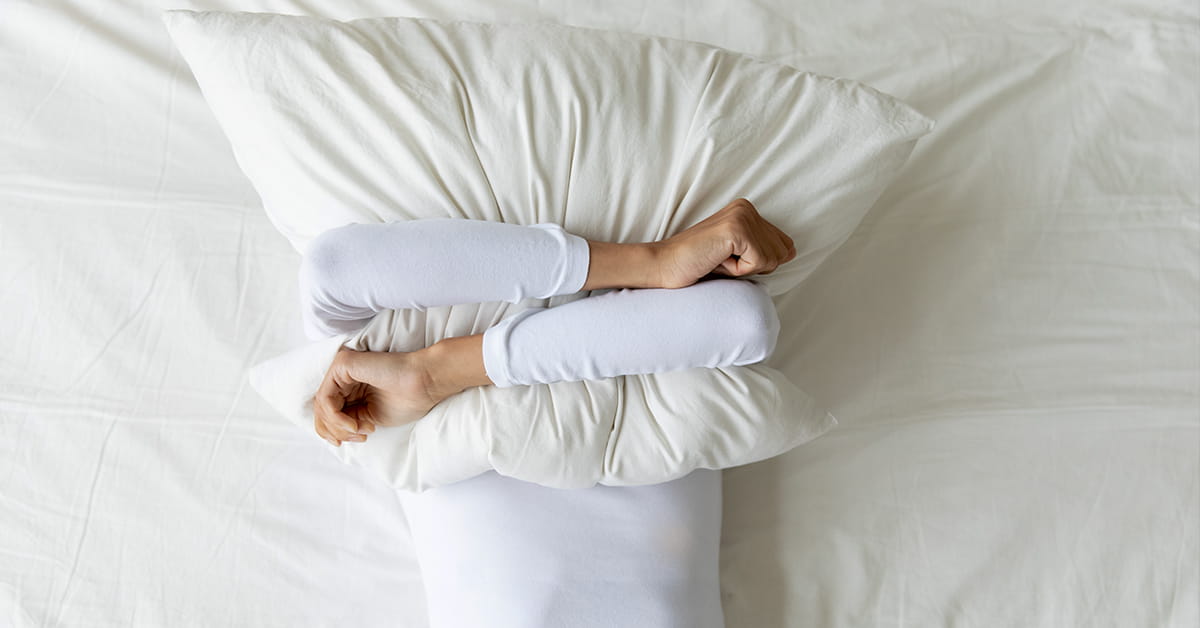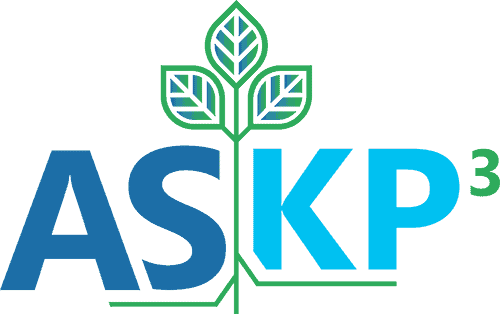Depression and insomnia are a terrible one-two punch for someone already struggling with mental health or medical issues. If you suffer from either, you know that they can seem debilitating and hopeless to cure. Constant sadness and sleep disorders often go together, feeding one another. But treatment is available.
What Is Depression?
The American Psychiatric Association says that depression “is a common and serious medical illness that negatively affects how you feel, the way you think and how you act. Fortunately, it is also treatable. Depression causes feelings of sadness and/or a loss of interest in activities you once enjoyed. It can lead to a variety of emotional and physical problems and can decrease your ability to function at work and at home.” But symptoms are manageable.
Symptoms
- Continual sadness, anxiety, or low moods
- Hopelessness or cynicism
- You’re easily irritable
- You feel guilty, worthless, or helpless
- Lack of interest in something you enjoyed doing before
- You have low energy or are tired all the time
- You move or speak noticeably slower than before
- You’re restless
- Trouble with thinking, memory, or decision making
- Problems sleeping
- Changes in appetite or weight
- Preoccupied with suicide
- Mysterious physical ailments without cause which persist even after treatment
What Is Insomnia?
Insomnia is a widespread sleep disorder. If you have it, you could have trouble falling asleep, remaining asleep, or both. Because of this, you may not get enough sleep or suffer poor-quality sleep. Thus, you may not be refreshed upon waking.
Insomnia can be short-term (acute) or ongoing (chronic). Short-term insomnia is normal. Typical causes include work-related stress, skewed family dynamics, or an unexpected event. Insomnia is known to persist for days or weeks.
Symptoms
Everyone experiences different symptoms of depression, and the same goes for insomnia. A symptom you experience regularly may never happen to someone else, but it’s not uncommon for insomnia to have symptoms like:
- Trouble getting to sleep at night
- Waking up at night
- Waking up early
- Not feeling refreshed after waking
- Daytime fatigue or drowsiness
- Irritability, sadness, or anxiety
- Difficulty paying attention, staying on task, or remembering
- More errors or mishaps
- Ongoing concerns about sleep
Depression And Insomnia
Depression and insomnia are co-conspirators in a plot to drain you of physical and psychological energy, making it hard to function in daily life and robbing you of a good nights’ sleep.
Depression and sleep problems are closely linked. People with insomnia, for example, may have a tenfold higher risk of developing depression than people who get a good night’s sleep. And among people with depression, 75 percent have trouble falling asleep or staying asleep.
Most people who get depression realize that it’s often paired with sleeping problems. If you have depression, you may have a hard time falling asleep and staying asleep for the night. You can also suffer from extreme daytime sleepiness or sleep too often.
As researchers have discovered, sleep problems can exacerbate depression, resulting in the negative cycle stuck between sleep and depression, which can be tricky to break. It’s also believed that poor sleep can exacerbate depression for certain people.
One way to get better sleep and possibly manage depression symptoms is understanding the relationship between the two and how they feed one another. Subjective and objective sleep disturbance in depression is prevalent, distressing, and often unresolved by treatment. It indicates significant alterations in brain neurotransmitter function. Leading to significantly decreased quality of life and further treatment-seeking by sufferers, so increasing the burden on health care services. There is a need for more successful management of sleep disturbance in depression, in order to improve quality of life in these patients and reduce an important factor in depressive relapse and recurrence.
Diagnosis & Treatment
Diagnosing a mental health condition like depression often involves a physical examination and a psychiatric assessment by your healthcare provider. In either case, the goal is to uncover the source of your depressive symptoms, whether they’re an existing medical problem or derived from a personal or family record of mental illness.
If you have a sleep disorder like insomnia, your healthcare provider may refer you to a specialized sleep study (polysomnography) where you’ll undergo tests to measure your brain waves, oxygen levels, breathing, heart rate, and leg and eye movements.
Treatment may involve psychotherapy or multiple sessions of ketamine infusion.
Final Thoughts
Research indicates that depression and insomnia are intimately related. Alone, either one can result in severe consequences for your overall health. Paired together, the damage can be even worse. If you suffer from symptoms of either condition, contact us today to learn how we can help you find relief.






